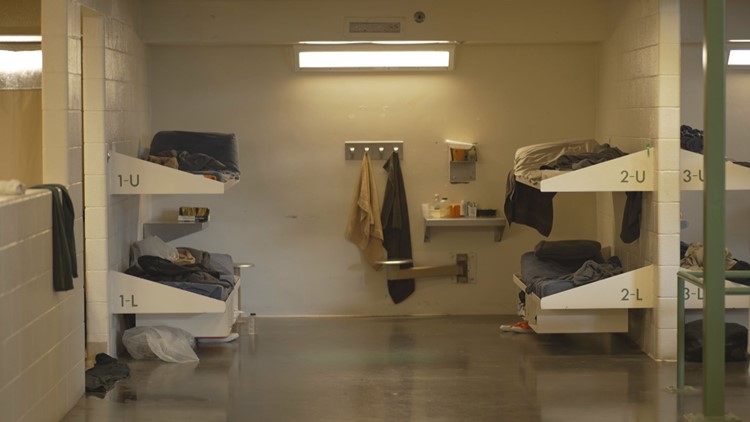COLORADO, USA — Data released by eight district attorneys last week and analyzed by 9Wants to Know found disparities in pre-trial treatment, who is more likely to get a break in their sentence and who spends time in prison.
RELATED: 8 judicial districts launch data dashboards to increase fairness, transparency in the justice system
Inequities in pre-trial treatment?
Minority defendants in Colorado are more likely to held in jail before their trial, according to an analysis of six judicial districts that published racial data.
In those districts, 36% of Hispanic defendants and 35% of Black defendants were jailed compared to 28% of white defendants.
It is important to note that defendant racial data is only available if someone was convicted of a crime. The pretrial data does not "include defendants who may have been detained but not convicted," according to the Prosecutorial Performance Indicators project, which is the group that published the data.
Black and Hispanic defendants were even more likely to spend time in jail awaiting trial in the 18th Judicial District. So far in 2022, 43% of Black defendants and 42% of Hispanic defendants were detained compared to 32% of white defendants, according to the data available.
Not much data is available in Denver, but from the end of 2021 through half of 2022, the data shows Black and Hispanic defendants were 2 and 4% more likely than their white counterparts to be held in jail before their trial. The inequity improved from the end of 2021 to the beginning of 2022.
The pre-trial detention trend was the same in the 1st Judicial District. Hispanic defendants were 9% more likely to be jailed ahead of a trial and Black defendants 11% more likely to be jailed than their white peers.

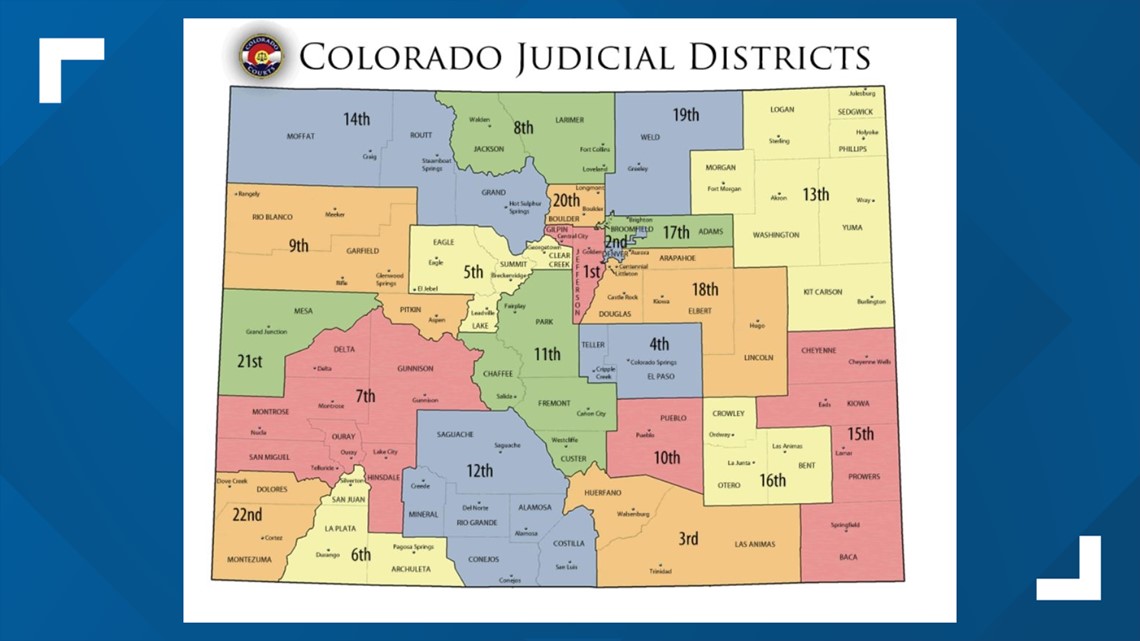
White defendants are more likely to get a deferred sentence
The judicial system sometimes treats people of color differently in the sentencing portion of the process, too.
A deferred sentence is known as a “temporary plea,” where the guilty verdict is dismissed if someone follows through on other parts of their sentence like community service or counseling.
White defendants are slightly more likely to get a deferred sentence than Black or Hispanic defendants in the 18th Judicial District, although the gap has improved since 2017.
So far in 2022, 15% of white defendants in the 18th Judicial District got a deferred sentence. About 13% of Hispanic and Black defendants received the same treatment.
In the 20th Judicial District, which includes Boulder, a judge gave white defendants a deferred sentence in 13% of the cases compared to 7% of Black defendants and 10% of Hispanic defendants.
In Denver's 2nd Judicial District, white defendants were 1% more likely to get a deferred sentence than their Black counterparts in 2022. But judges gave Hispanic defendants a deferred sentence at a higher rate than white defendants.
People of color are more likely to be sentenced to prison in some districts
In the 8th Judicial District, which covers Jackson and Larimer counties, Black defendants are 20% more likely to be incarcerated so far in 2022 than white people in the same position. Hispanic defendants are 9% more likely to be sentenced to prison.

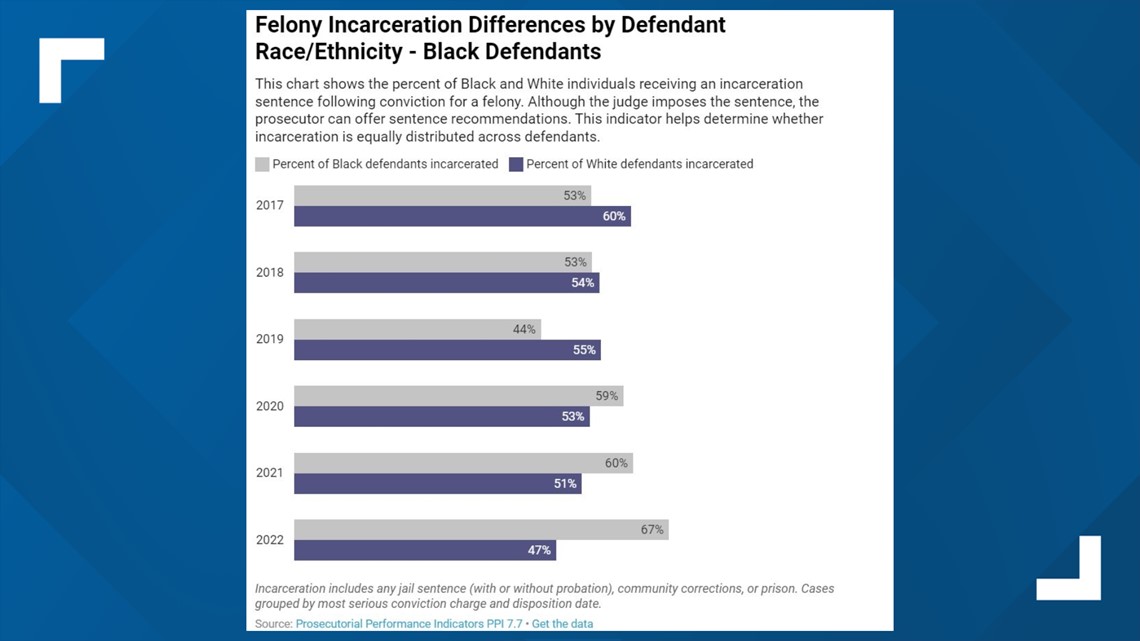
Black defendants were more likely to be incarcerated in Denver than white defendants if they were convicted of a felony at the end of 2021 and the beginning of 2022. The most recent data from the second quarter of 2022 shows that disparity no longer exists.
Differing results depending on your income
In Denver, public defenders were not as effective as private attorneys. Defendants were convicted in at least half of all cases with a public defender, versus a range of 43% - 51% of convictions for those with a private attorney.

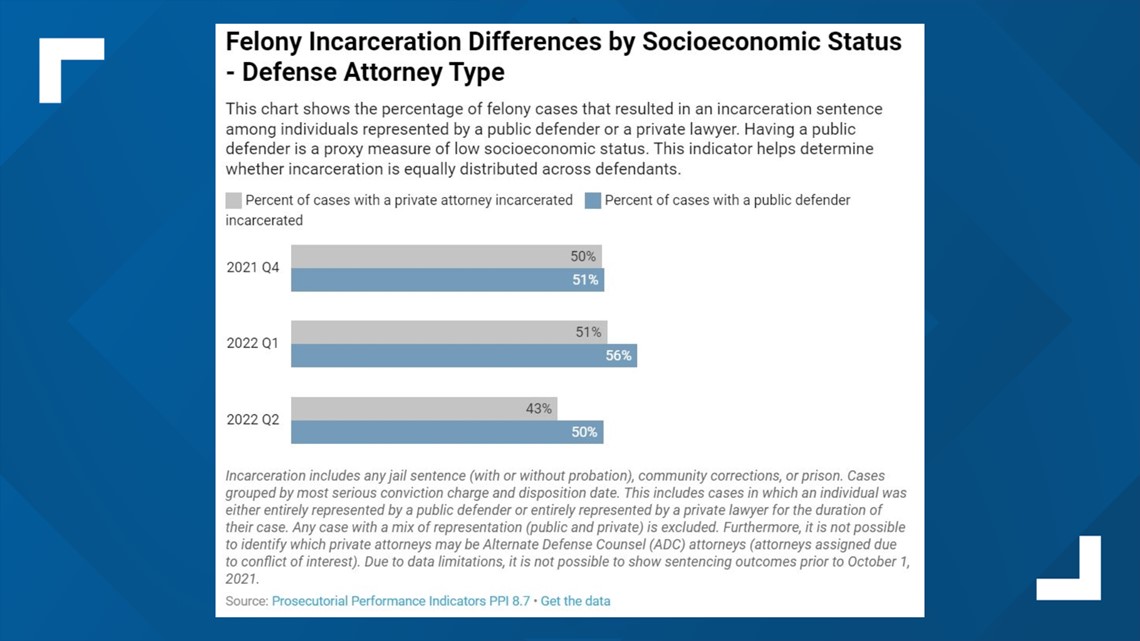
The same defense attorney phenomenon happened in the 1st Judicial District starting in 2020. Defendants were 7% more likely to be in prison if they had a public defender so far in 2022.
Poorer residents are also more likely to be sentenced to prison in the 1st Judicial District from 2020 to 2022. In about 48% of cases involving people who lived in the most impoverished places, defendants spent time in prison, compared to 41% of those living in the richest so far in 2022.

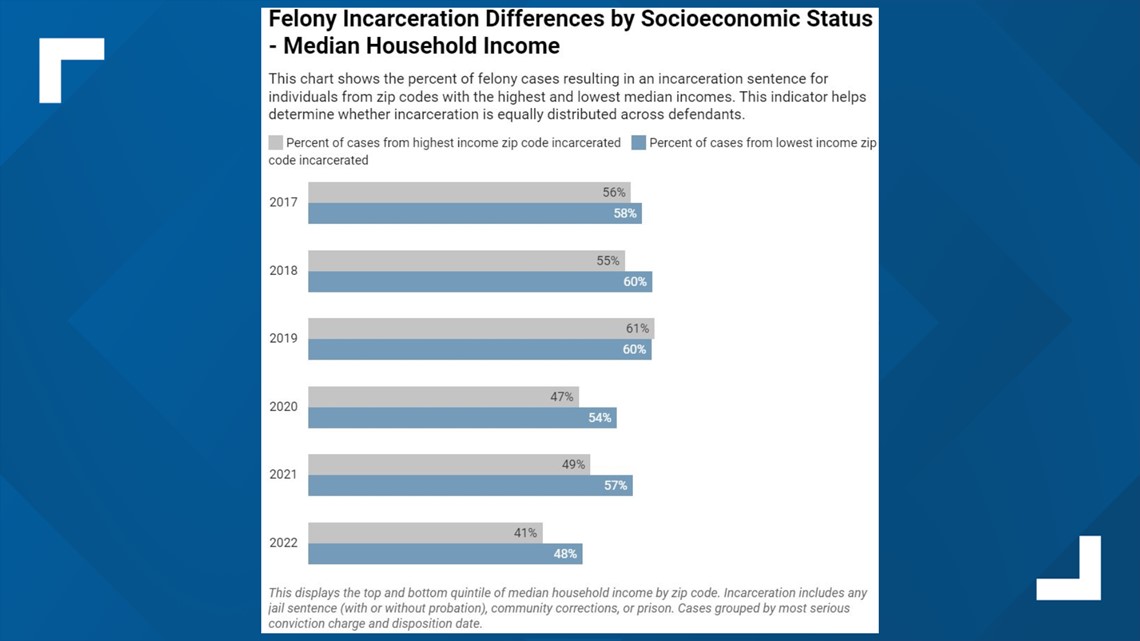
Eight district attorneys from across the state announced a new initiate Thursday where they will publish data on dozens of metrics including information on the type of charges filed, the number of sentences and victim demographics.
Here’s a link to all of the data if you would like to take a look for yourself.
Read about more of our process here.
Reach investigative reporter Zack Newman through his phone at 303-548-9044. You can also call or text securely on Signal through that same number. Email: zack.newman@9news.com. Call or text is preferred over email.
SUGGESTED VIDEOS: Investigations & Crime


